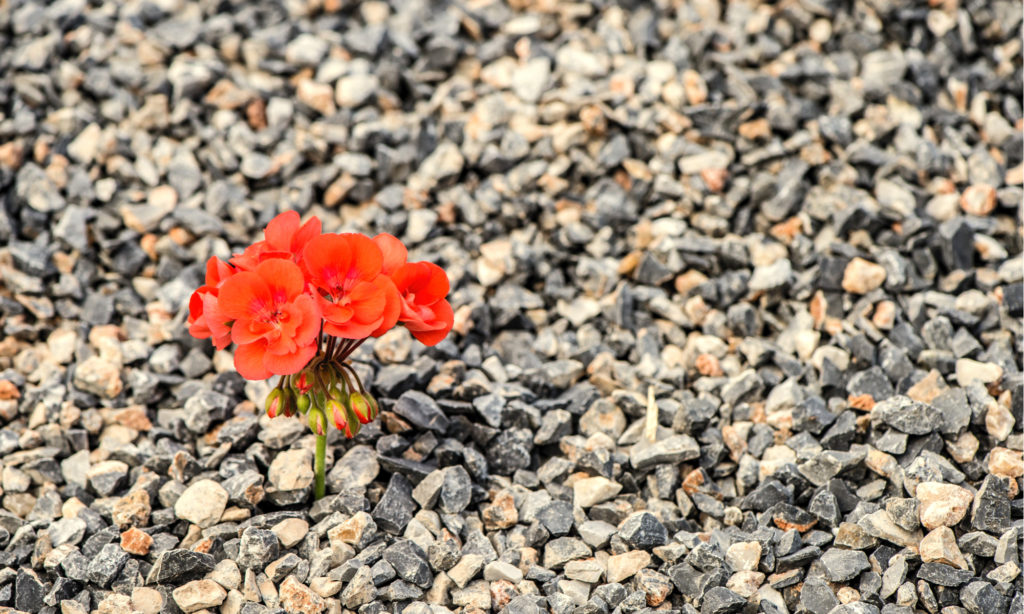In a world characterized by tumult and uncertainty, the teachings of the Bahá’í Faith offer profound insights into the nature of spiritual resilience. Central to these teachings are the principles of fortitude, patience, and love. These concepts serve not only as virtues to aspire to, but also as practical tools that individuals can harness to navigate the vicissitudes of life. This discourse elucidates how fortitude, patience, and love comprise the triad of virtues that significantly contribute to spiritual resilience.
Understanding Fortitude
Fortitude refers to the strength of mind and spirit that enables one to confront adversity with composure and resolve. Through the lens of Bahá’í teachings, fortitude transcends mere physical endurance; it embodies a holistic approach to facing challenges, grounded in faith and trust in the divine. Such resilience is characterized by an unyielding commitment to principles, even when confronted with trials that may seem insurmountable.
In the Bahá’í perspective, fortitude is intimately connected to the concept of reliance on God. This reliance does not equate to passivity; rather, it entails an active engagement with life’s challenges, buoyed by a deep-seated belief that the divine will ultimately support and guide individuals through their tribulations. Fortitude, therefore, becomes a catalyst for personal and spiritual growth, transforming adversity into opportunities for development.
The Role of Patience
Complementary to fortitude is the virtue of patience. In the Bahá’í writings, patience is accentuated as an essential quality underpinning spiritual maturity. It promotes a sense of tranquility and equanimity in the face of temporal difficulties. Patience allows individuals to endure life’s trials without succumbing to frustration or despair. It nurtures an understanding that life unfolds in accordance with a divine timetable, requiring individuals to cultivate a sense of trust in the process.
Moreover, the practice of patience enhances interpersonal relationships. Through patience, individuals can foster empathy and understanding, both vital for maintaining harmonious relationships within the community. This quality enables one to respond to the flaws and imperfections of others with compassion rather than judgment, thus strengthening communal bonds. In essence, patience is an exercise in virtue that fosters resilience not only within oneself but also within the broader community context.
The Primacy of Love
At the core of Bahá’í teachings is the principle of love, which serves as the foundation for all spiritual attributes, including fortitude and patience. Love is posited as an all-encompassing force that energizes the soul, propelling individuals toward acts of service and selflessness. In instances of hardship, love functions as an anchor, providing solace and fostering a spirit of unity and compassion among individuals.
The transformative power of love manifests in various forms, including love for oneself, love for others, and love for God. Each facet reinforces the others, creating a robust network of resilience. When individuals cultivate love within themselves, they become more fortified against despair and disillusionment. Similarly, when one expresses love toward others, the ripple effect can uplift entire communities, creating a shared sense of purpose and belonging.
Interconnectedness of Fortitude, Patience, and Love
The interplay between fortitude, patience, and love elucidates how these virtues coalesce to forge spiritual resilience. Fortitude provides the strength to face adversity, patience offers the stamina to endure prolonged challenges, and love imbues the journey with meaning. In practice, these virtues are not isolated; rather, they are interdependent and synergistic. For instance, an individual demonstrating fortitude in challenging circumstances is likely to draw upon patience, while the presence of love can further ignite the resolve to persevere.
Practical Applications
To cultivate these virtues in everyday life, individuals can engage in several practical applications:
- Mindfulness Practices: Engaging in meditation and reflection can enhance one’s capacity for patience by promoting a deeper awareness of thoughts and emotions. Such practices develop resilience by enabling individuals to respond thoughtfully rather than react impulsively.
- Community Service: Actively participating in community initiatives embodies love in action, reinforcing bonds with others while fostering a spirit of interconnectedness. Service also provides opportunities to practice patience as individuals navigate diverse perspectives and personalities.
- Spiritual Education: Studying the sacred texts of the Bahá’í Faith can deepen one’s understanding of the attributes of God, particularly love. This knowledge can inspire individuals to emulate these divine qualities in their daily lives and enhance their resilience.
- Support Networks: Building strong relationships with like-minded individuals creates a support system that promotes resilience. Sharing experiences with others can provide encouragement, patience, and communal love during difficult times.
Conclusion
Fortitude, patience, and love are pivotal in the cultivation of spiritual resilience within the Bahá’í framework. By embracing these virtues, individuals can navigate life’s complexities with grace, fostering personal and communal growth. Ultimately, the cohesion of these attributes empowers individuals to transcend challenges, inspiring others in their journey toward spiritual development. As humanity continues to evolve, the applicability of these principles remains ever pertinent, illuminating the path toward a more resilient and unified world.
